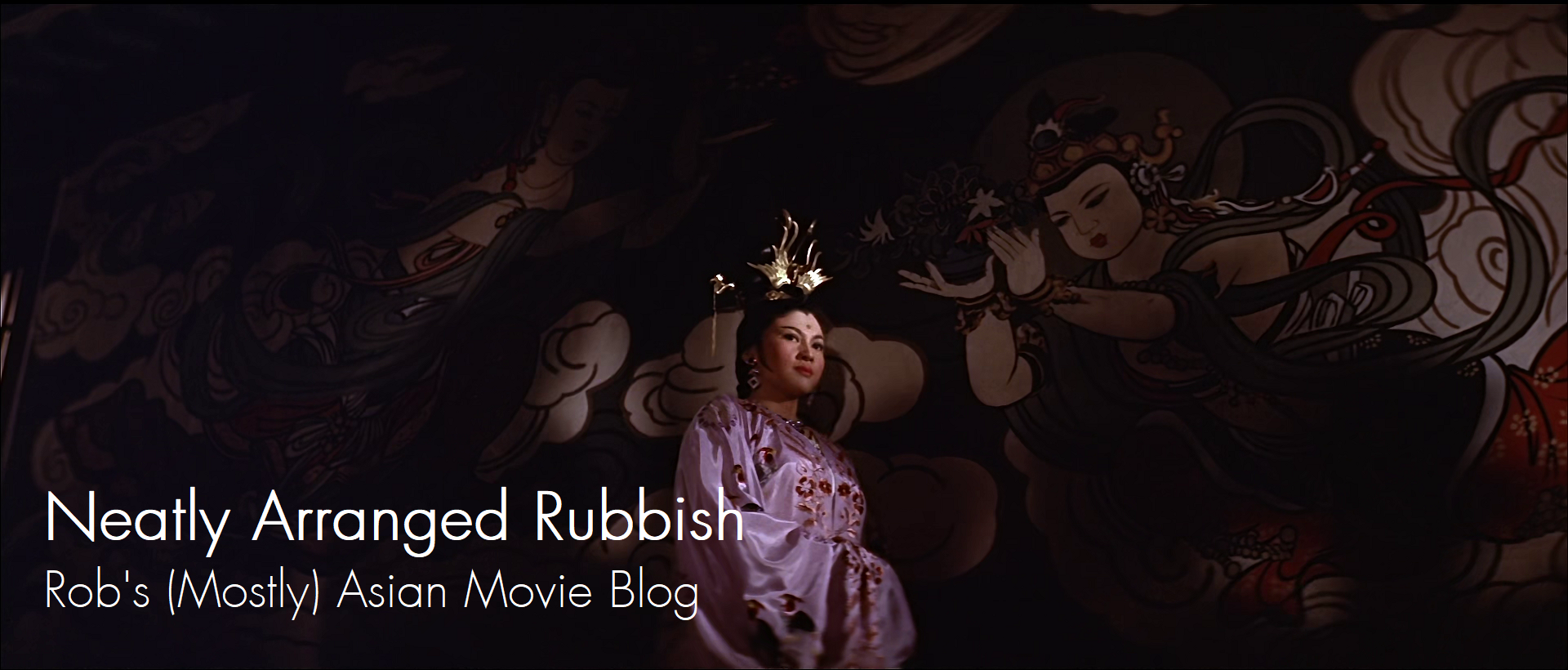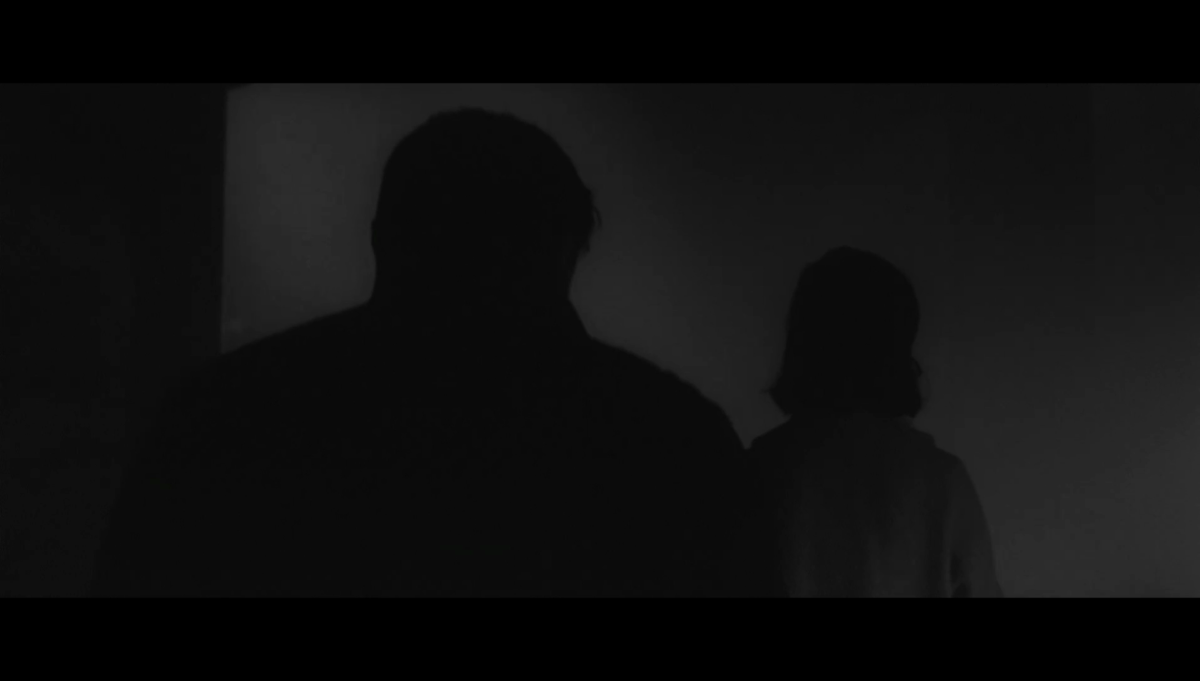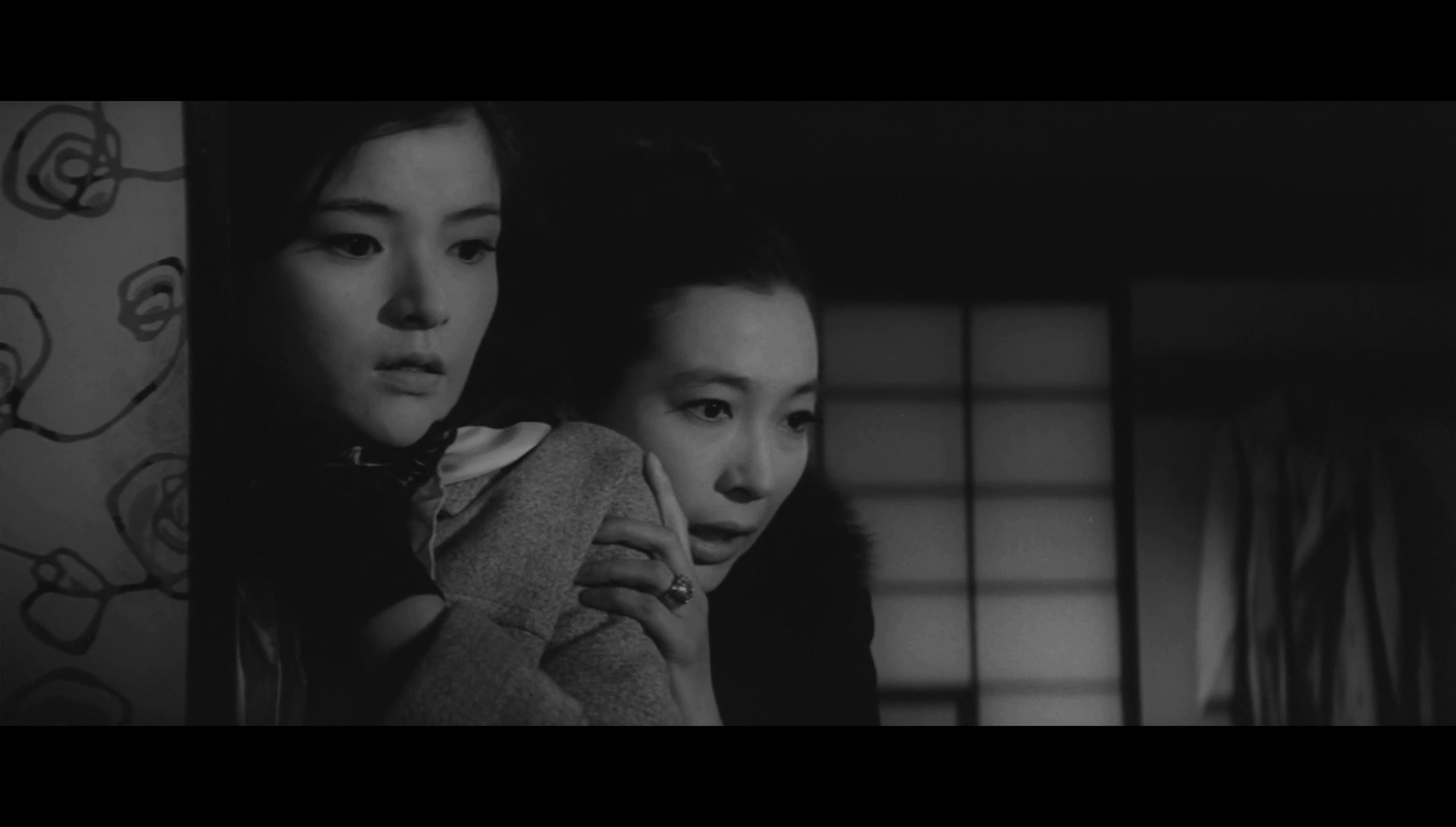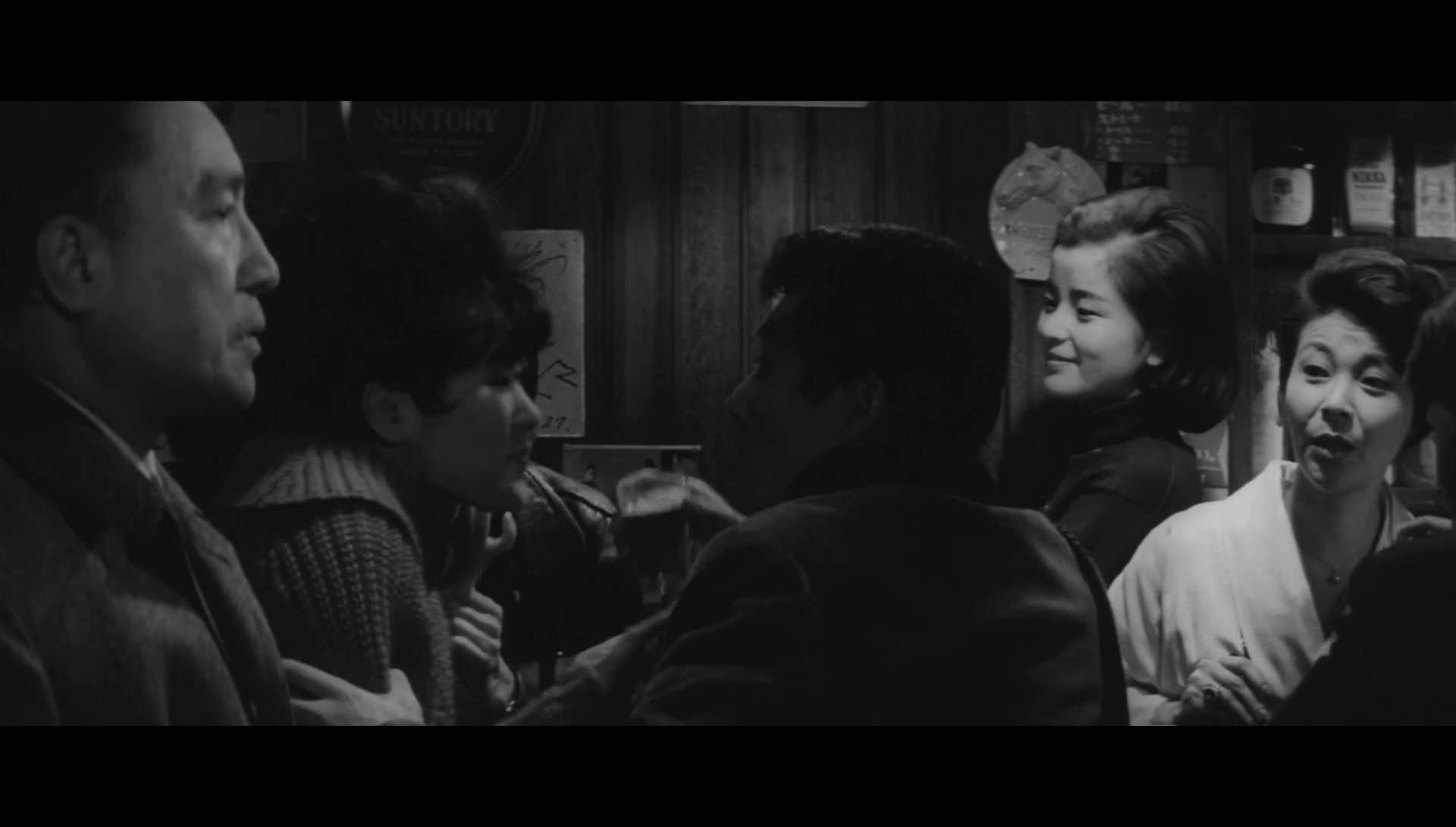Last Updated on October 6, 2020 by rob
A poor and desperate young woman named Kiriko (Chieko Baisho) makes a long journey to request help from Otsuko (Osamu Takizawa), a rich, successful lawyer, to defend her brother on a murder charge. But Otsuko brushes her off because she can’t meet his fees and the brother dies in prison. After befriending Otsuko’s mistress Kiriko has her framed on a murder charge and tells Otsuko she has the evidence to free her. After Otsuko repeatedly begs Kiriko to release the evidence she finally gives in and it seems the lawyer has won. But has he really?
An outstandingly well crafted film noir in which a complex murder plot is matched by a depth of characterisation that tugs us this way and that in our sympathies for both Kiriko and Otsuko. This insistent quality in an otherwise sensationalist plot rather recalls Mikio Naruse’s The Stranger Within A Woman (1966) and that may not be entirely coincidental since Mist’s director Yoji Yamada began his career as an Assistant Director for Shochiku in 1954 when the major directors there included Naruse, Ozu and Mizoguchi. It’s clear Yamada learnt his lessons well. The two leads, Chieko Baisho and Osamu Takizawa, are both excellent. Baisho has a timid – almost mousy – quality to her which makes a fascinating counterpoint to her increasingly ruthless actions. And Takizawa as the fat cat lawyer turns out to be a decent man led down the path to disaster because of a single moral misjudgement.
Indeed, part of the devious cleverness of Flag In The Mist is that for two-thirds of it we cling to the hope that both parties will put aside their differences and work together. Further interest is generated by the possibility that the killings for which Kiriko’s brother and Otsuka’s mistress are snared in may have been committed by the same person. Therefore if the real killer is caught then both Kiriko and Otsuka can clear their loved ones. That our sympathies are torn so equally between these two characters is testament to how neither is simply good or bad. Both Kiriko and Otsuko have reason to feel like the injured party but equally both are guilty. Which is worse – the callous lack of empathy shown by Otsuko? Or the ruthlessness displayed by Kiriko?
In terms of technique Flag In The Mist is a first class production. Tetsuo Takaha’s cinematography – whether it’s evoking the ambience of Tokyo’s cramped and crowded hostess bars, fancy restaurants or fog-shrouded streets – is spot on. Some of Hayashi’s compositions – such as the moment when Takizawa’s lawyer, having taken his wife out to dinner at a fancy restaurant, watches an American couple at a nearby table dote on their left-handed daughter and in a flash intuits the crucial flaw in the prosecution of Kiriko’s brother – are audaciously framed for a studio pic. And Yamada’s mise-en-scene is masterly.
Just watch the way the director makes clever use of a set of stone steps down which Kiriko is accompanied each night by Otsuko, deploying a range of effects – rain, wind, mist – each one of them an indicator of Otsuko’s increasingly desperate mental state as he pleads with Kiriko to save his beloved mistress. Hikaru Hayashi’s score is a superb evocation of Baisho’s character; sad and mournful but with discordant notes suggesting something ominous lurking within. Only right at the end does it become clear that what Kiriko wants is not at all what we think she does, and not merely the extent of her anger but the depth of her loss become chillingly apparent. This is a remarkable film noir.



